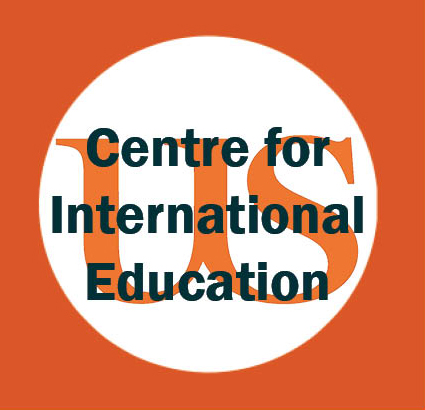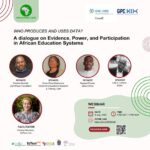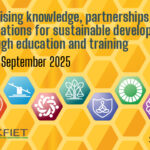
17 May 12:00-13:30
Join the Centre for International Education at the University of Sussex for this term’s seminars. More details of this event can be found on the CIE Events page.
Speaker: Maria Tsouroufli, Dept of Education, Brunel University, and Dr Anagha Tambe, Pune University
Topic: Intersectionality in the context of advancing gender equality in Higher Education in India through a mixed-methods study
All welcome
Face-to-face in Essex House 19 and on zoom.
About: Indian higher education, as in other emergent post-colonial contexts, has witnessed an increasing trend of female participation due to various interventions. However, attainment of gender equality at different levels of access, retention, employability, curriculum and social inclusion remains elusive, more so with widening inequalities in a context of internationalization, privatization and digitalization of Higher Education.
In this presentation we draw on findings from a mixed-method study of gender equality across 5 States and 10 HE institutions in India, aiming to raise understanding about the various and intersecting forms of exclusion and violence shaping educational and labour marker participation (Tsouroufli et al. 2011; Tsouroufli, 2020) and contribute to more nuanced conceptualizations of gender and gender equality (Dunne et al., 2020). Entrenched inequalities within and across HE institutions are increasingly invisibilised and individualised through corporate cultures and neo-liberal structures of HE which mute opposition and render education for critical action and democratic citizenship antithetical to the ethos of HE.
We contest the narrative/myth of gender parity as equality through unravelling the intertwined relationship of gender institutional regimes, caste patriarchal norms operating at different levels, and neo-liberal education policies alongside the recent history of diversification of HE in India.




